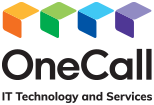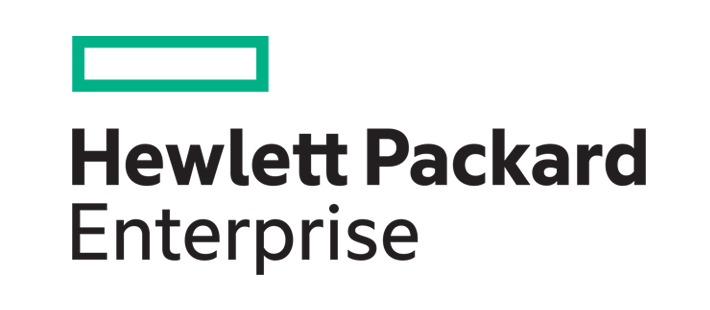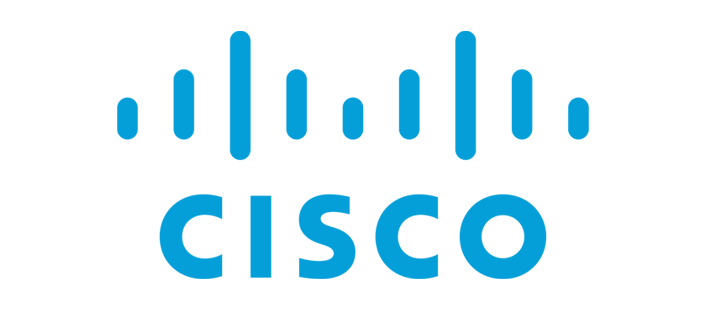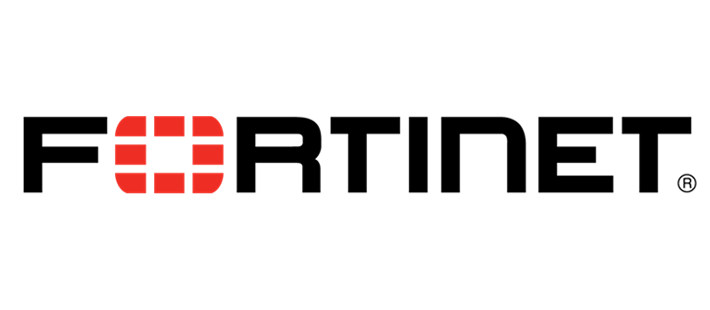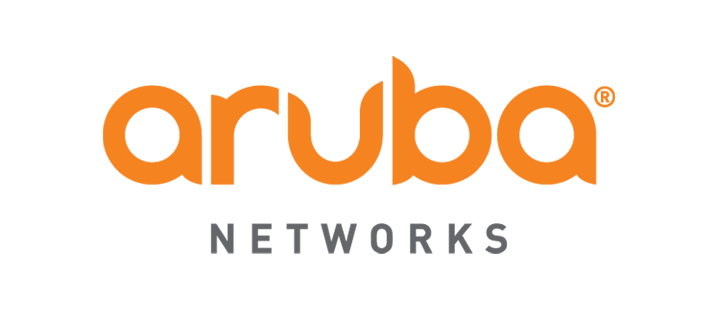IT Networking Solutions – Christchurch, Dunedin, Tauranga & NZ Wide
Whatever your IT networking needs, OneCall has the knowledge and expertise to design, construct and manage your IT networking solutions, keeping your business secure, while allowing it to grow.
Our Philosophy
While many businesses will glaze over when talk turns to their IT network, it’s hard to understate the importance of the tech.
The job of an IT network – whether we’re talking the hardware (structured) side, the software side, or a combination of the two – is to define how data can move into, out of, and around your business. This sees your network play a key role in the security, intra-office efficiency and staff management of your organisation, amongst many other things.
We’re fully aware of how critical an IT network is to an organisation’s success. As such our philosophy is to gain a deep understanding of our clients’ needs, and create a network that fits them perfectly. We aim to deliver IT networks that excite. With two offices in the South Island, we’ve built IT networks locally in Tauranga, Christchurch, Dunedin, as well as helping hundreds of clients spread across NZ.

Our Approach
How does an encounter with OneCall play out? We use a clearly defined, easy to follow process when creating your structured IT network, working through the following six steps:
Our Considerations
The first step in setting up any new network is to define its rules – how do you want to separate, restrict and secure the flow of data between internal networks and users?
We work with you to define a set of logical rules under which the network will operate, which will ensure network security and allow your organisation to run in as efficient and effective a way as possible. We do so by factoring in the following considerations:
- Device security: Which devices have access to a particular network? Device security is the cornerstone of your network’s security, so we’ll need to define whether your network/s are private, semi-private or public, and the degree of access certain devices and users are granted within those frameworks.
- Internet access: You may want internet access restricted for some users, and unfettered for others.
- VPN: A means to protect data when it leaves the safety of your internal networks and to securely access your networks from a remote location, virtual private networks (VPNs) are playing an ever greater role in IT networking.
- Port communication: Aside from HTTP and other essential services, communication ports (both inbound and outbound) must be kept in the blocked state at all times, as needlessly open ports are an invitation to hackers.
- Wireless LAN: Your wireless network should only ever be used by those who are authorised to do so, which we guarantee through things like user authentication, anomaly tracking and 802.11i security measures.
- Remote connection: Whether a team member is working from home or overseas, access to your organisation’s critical systems and servers should be restricted.
- Firewall rules: When a user connects with the internet, or any other large, open and insecure network, a door to your network is held ajar. Firewalls at the point of connection can slam this door shut again.
- Intrusion: If firewalls, antivirus and other defences were to somehow be breached, an intrusion defence system (IDS) is designed as the final security measure, used for the most restricted systems and data.
- Proxy server: Located between the server and the user, a proxy server is primarily used for defensive purposes, but can also be used offensively.
- Secure communication: Ciphering using SSL, TLS, SSH, PGP or IPSec ensures that data is encrypted before it’s sent anywhere, guarding it against in-transit attacks.
- DMZ: No, we’re not talking the border of North and South Korea; this demilitarised zone is actually a perimeter network that ensures only certain external-facing services are exposed to the big, scary world of the internet, ensuring classified networks stay safe.
In terms of IT network access and authority, it’s common for a number of roles to be grouped together within New Zealand businesses. Rather than giving bespoke levels of access to each individual, members of the accounting department or the marketing and sales teams may be given the same permissions, for example.
At OneCall we work with you to develop these permissions, implementing them for things like:
- Network access
- Document management
- Website access
- WiFi (guest vs employee)
- Printer access
This might see a high-level manager enjoying unfettered access to all parts of the organisation’s network, while a member of the sales team may not be able to access anything related to accounting, network administration and non-sales documents.

Our Providers
At OneCall we prioritise quality above all else. As such we use the following manufacturers in order to provide the most reliable and functional IT network solutions possible:
Business Email Compromise Attacks and How to Fight Them
In recent years, email has become an essential part of our daily lives. Many people use it for various purposes, including business transactions. Along with the increasing dependence on [...]
How to Use Threat Modelling to Reduce Your Cybersecurity Risk
As cyber threats continue to increase around the world, New Zealand businesses need to take proactive steps to protect their customers, staff and data from cybercriminals. Threats to data [...]
